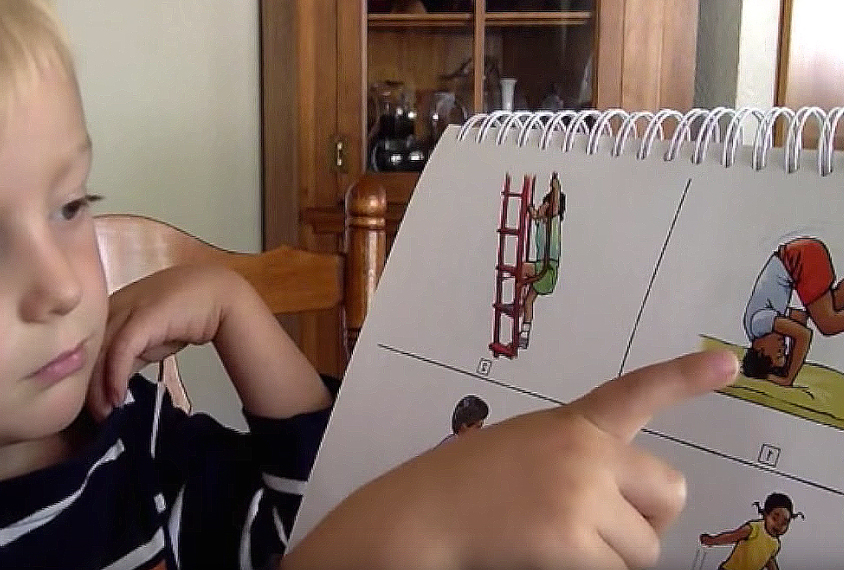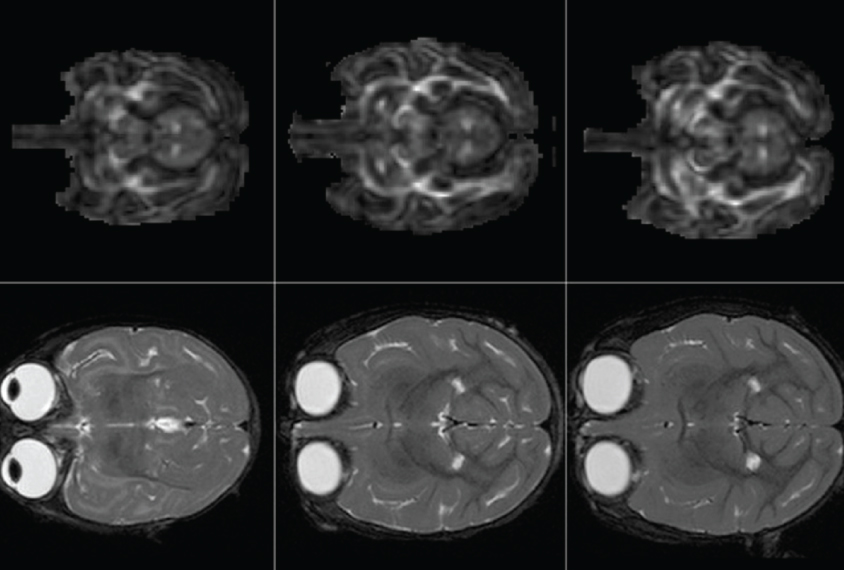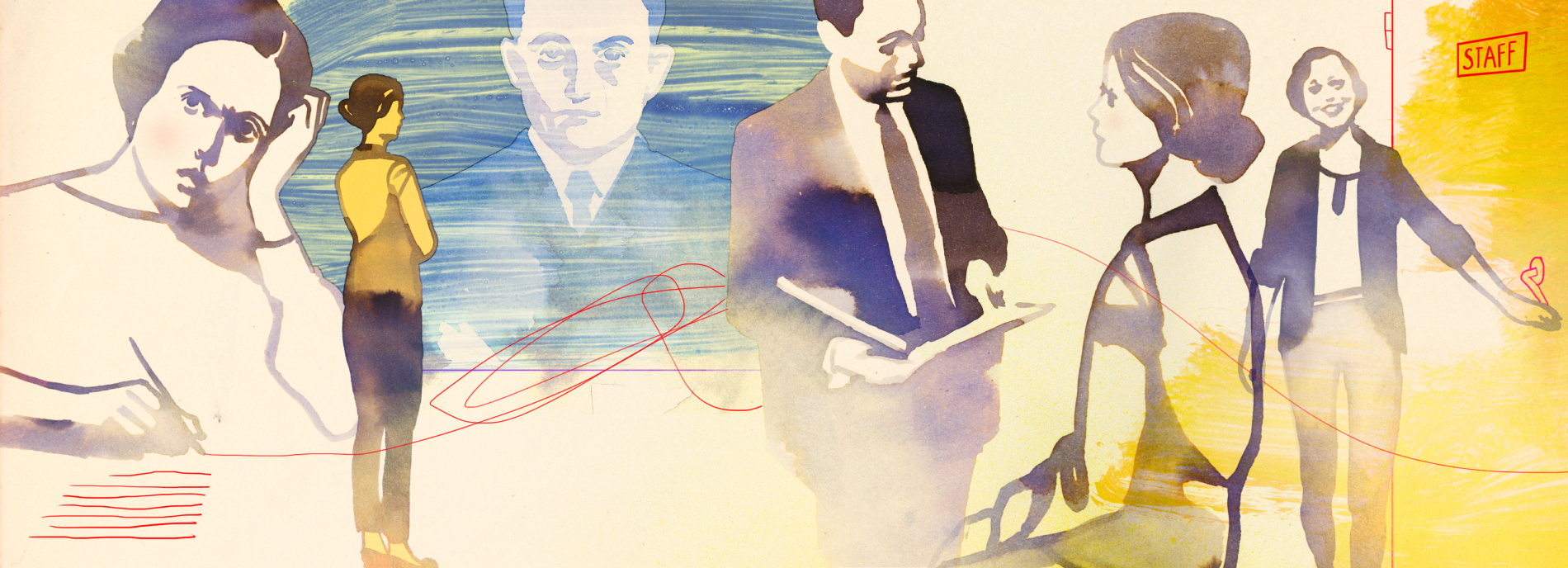Elizabeth Preston is a science writer and editor in the Boston area. She has written for The Atlantic, Wired, Jezebel and the Boston Globe, among other publications. Her blog, Inkfish, is published by Discover.

Elizabeth Preston
From this contributor
Test paints quick picture of intelligence in autism
A picture-based test is a fast and flexible way to assess intelligence in large studies of people with autism.

Test paints quick picture of intelligence in autism
New atlases chart early brain growth in monkeys
A collection of brain scans from monkeys aged 2 weeks to 12 months reveals how their brain structures and nerve tracts develop over time.

New atlases chart early brain growth in monkeys
Work in progress: An inside look at autism’s job boom
Splashy corporate initiatives aim to hire people with autism, but finding and keeping work is still a struggle for those on the spectrum. Can virtual avatars and for-profit startups help?

Work in progress: An inside look at autism’s job boom
Explore more from The Transmitter
Neuro’s ark: Spying on the secret sensory world of ticks
Carola Städele, a self-proclaimed “tick magnet,” studies the arachnids’ sensory neurobiology—in other words, how these tiny parasites zero in on their next meal.

Neuro’s ark: Spying on the secret sensory world of ticks
Carola Städele, a self-proclaimed “tick magnet,” studies the arachnids’ sensory neurobiology—in other words, how these tiny parasites zero in on their next meal.
Autism in old age, and more
Here is a roundup of autism-related news and research spotted around the web for the week of 2 March.

Autism in old age, and more
Here is a roundup of autism-related news and research spotted around the web for the week of 2 March.
Lack of reviewers threatens robustness of neuroscience literature
Simple math suggests that small groups of scientists can significantly bias peer review.

Lack of reviewers threatens robustness of neuroscience literature
Simple math suggests that small groups of scientists can significantly bias peer review.